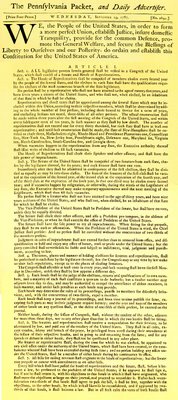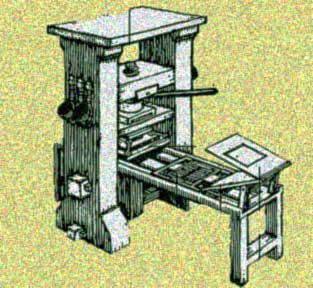The Great Moon Hoax
After reading the excerpts from The New York Sun’s Moon Hoax, I was amazed that so many people bought it, but then I got to thinking that it was only 1835 and things weren’t like they are today. So it made sense thinking in those terms. It seems to me like an excellent publicity stunt that may never be done again to the same extent. Back then in 1835 the newspaper was still a relatively new piece of information and I think a majority of people would believe whatever they read, simply because it was right there in front of them in print. So with this, tons of people bought into it and word spread and this penny newspaper made a lot of money. Of course this was the intent, along with popularity and grabbing the attention of the public for how ever long it could. So this Moon Hoax grabbed the attention of the public like nothing else and sold many copies of the





 Marcel Thomas
Marcel Thomas







